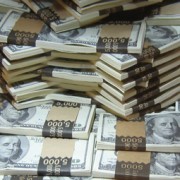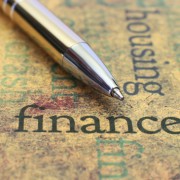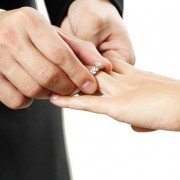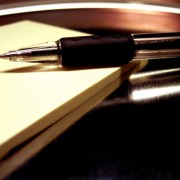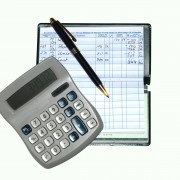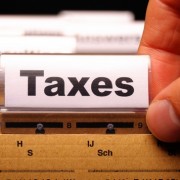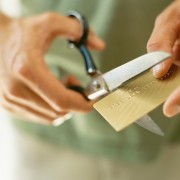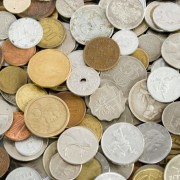A Cash Reserve Adds to Your Financial Security
Many of us are living close to our financial limit these days. We pay our bills on time, but there’s not a lot left over. But that’s a dangerous situation. If things go wrong, your financial situation can change very quickly from adequate to critical. Without a cash reserve, you could find yourself in serious trouble.
Imagine this situation. You’re driving home from work when a motorist runs a red light and smashes into your car. You’re rushed to the hospital with a broken leg that must remain in traction for several weeks. You quickly use up any sick leave from your job and your paycheck dries up. Luckily you have basic health and car insurance, but the deductibles and co-pays quickly add up to thousands of dollars. Meanwhile the mortgage and credit card payments are coming due, and you find yourself slipping into arrears.
It sounds grim, but it can easily happen. Natural disasters or a downsizing by your employer can have similar results. And when things go wrong, often several things go wrong at the same time. That’s why it’s a good idea to build a cash reserve of at least three months’ living expenses.
Invest your reserve in a safe, liquid account. Consider investments such as a bank CD, a money market fund, or a very short-term bond fund. Make sure you have easy access to the funds without losing too much interest. And once you’ve built your fund, avoid temptations to raid it for nonessentials.
It may not be easy to build a reserve, especially if you’re barely paying your bills now. But you’ll never get there unless you try. Consider setting aside your tax refund or your next bonus, or set yourself a monthly saving goal. Perhaps you give up one espresso a day, eat at home instead of a restaurant one evening a week, or make your own lunch instead of eating out for a month. However you do it, and however long it takes, you might one day be very grateful that you made the effort.

